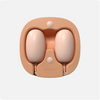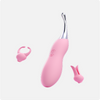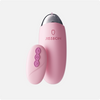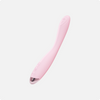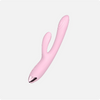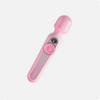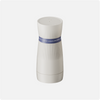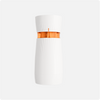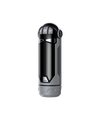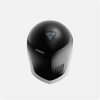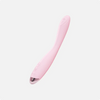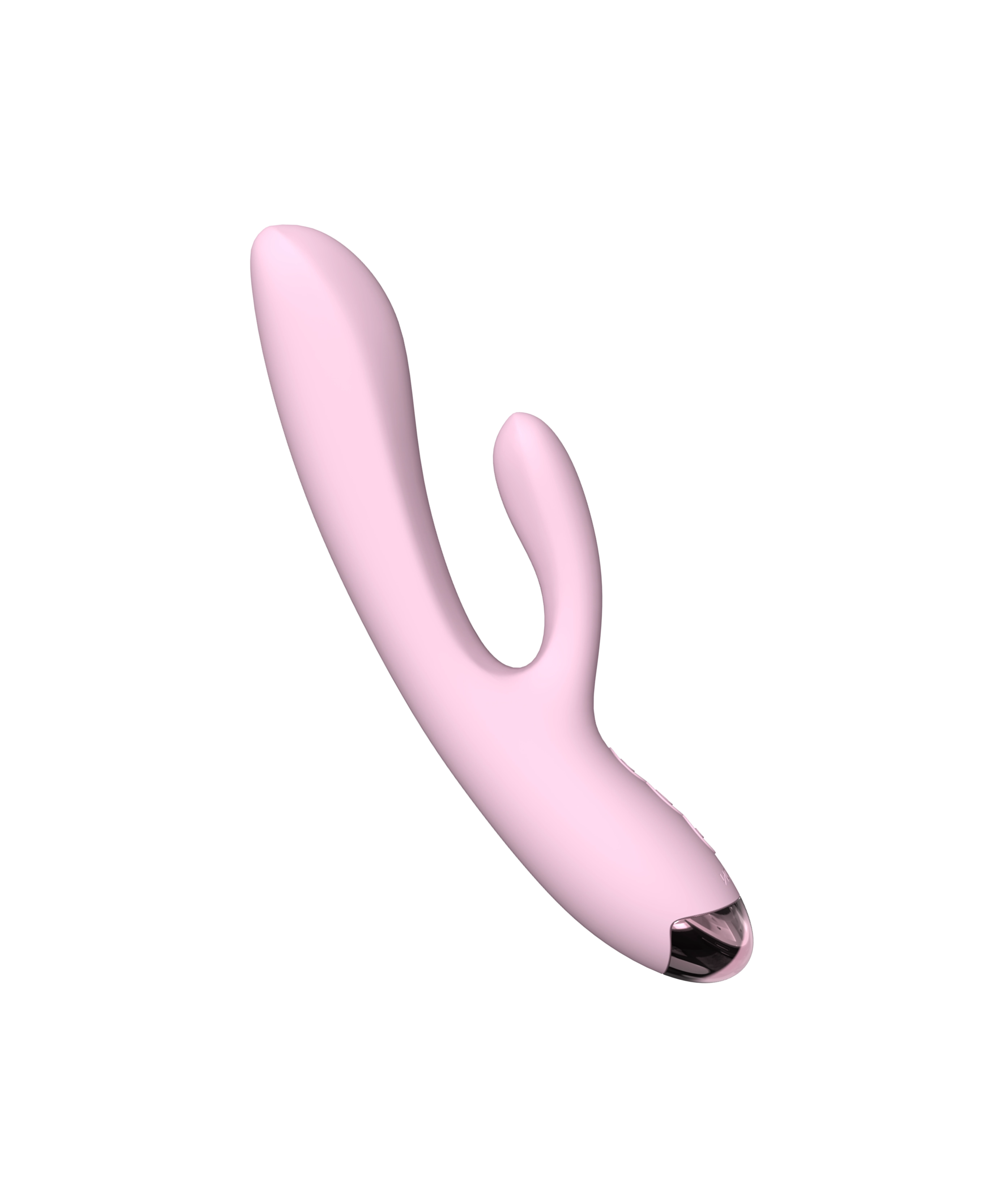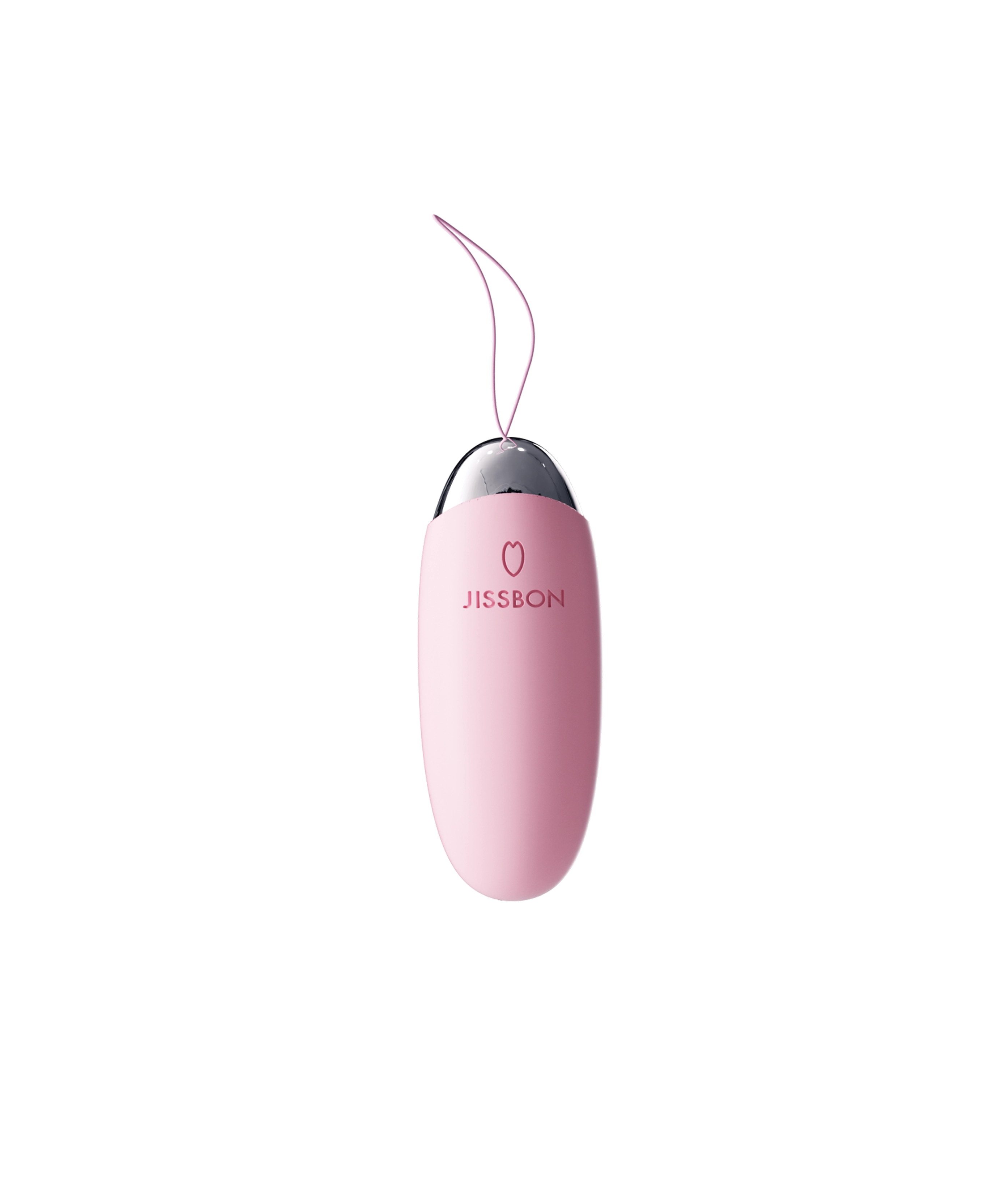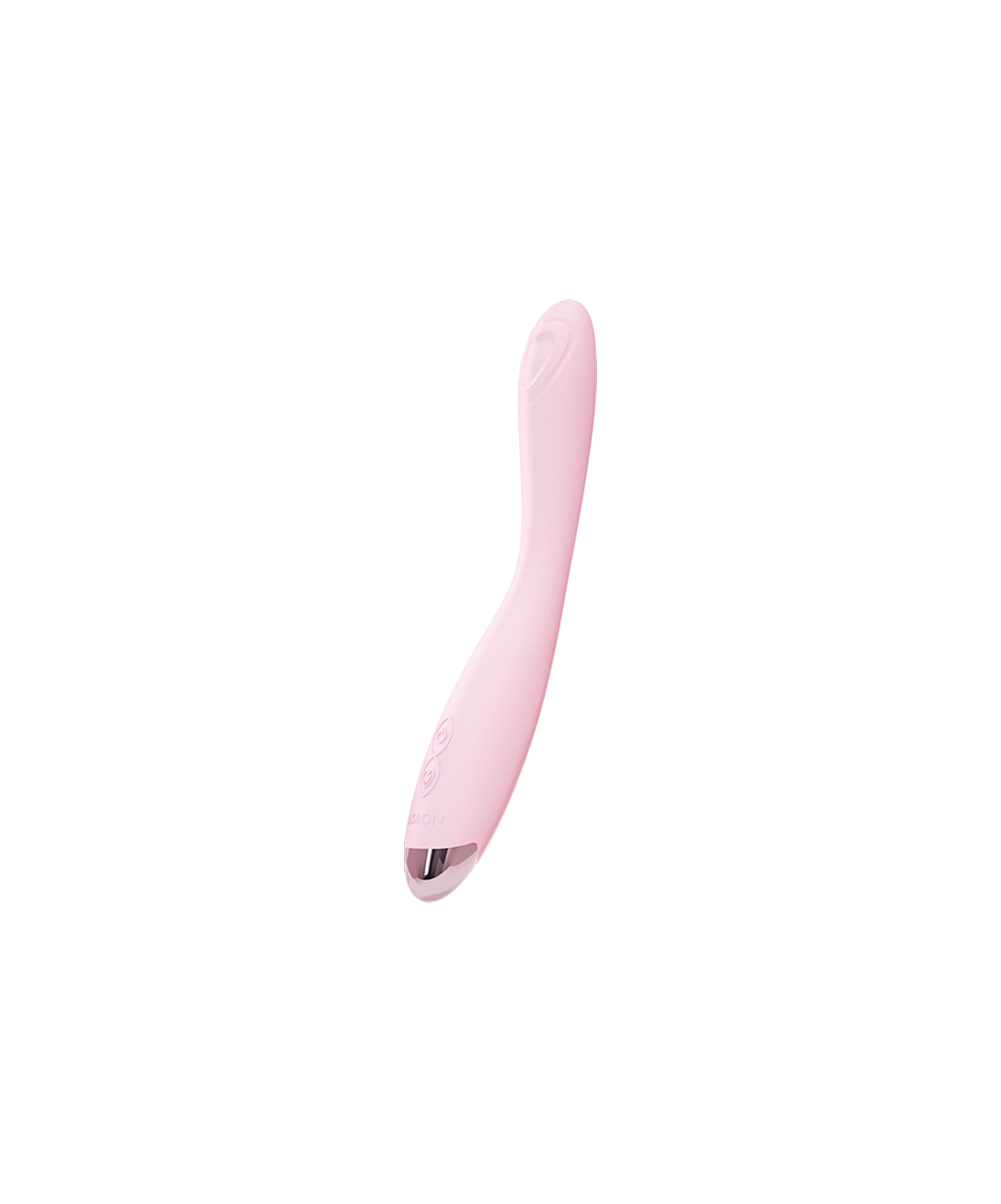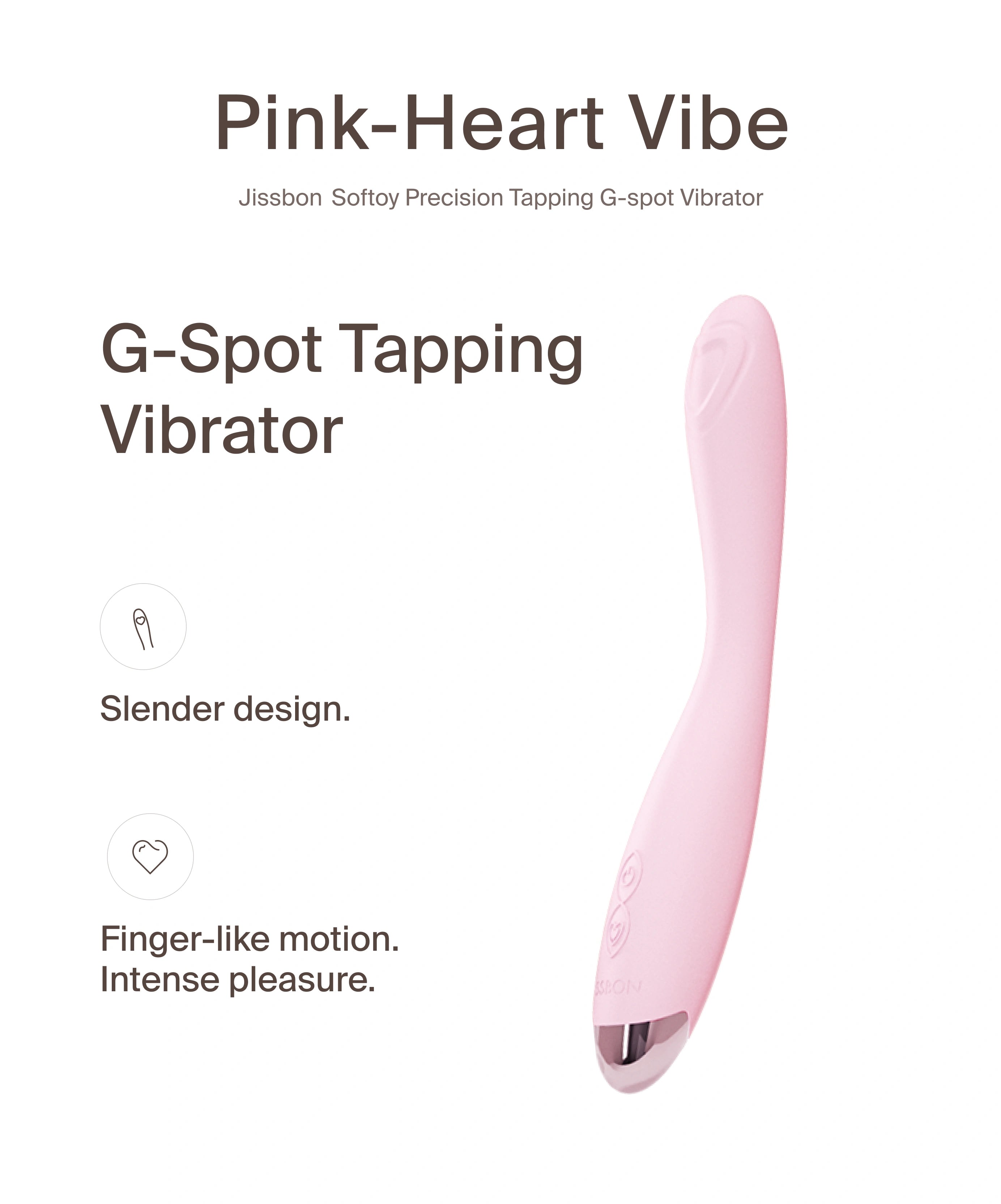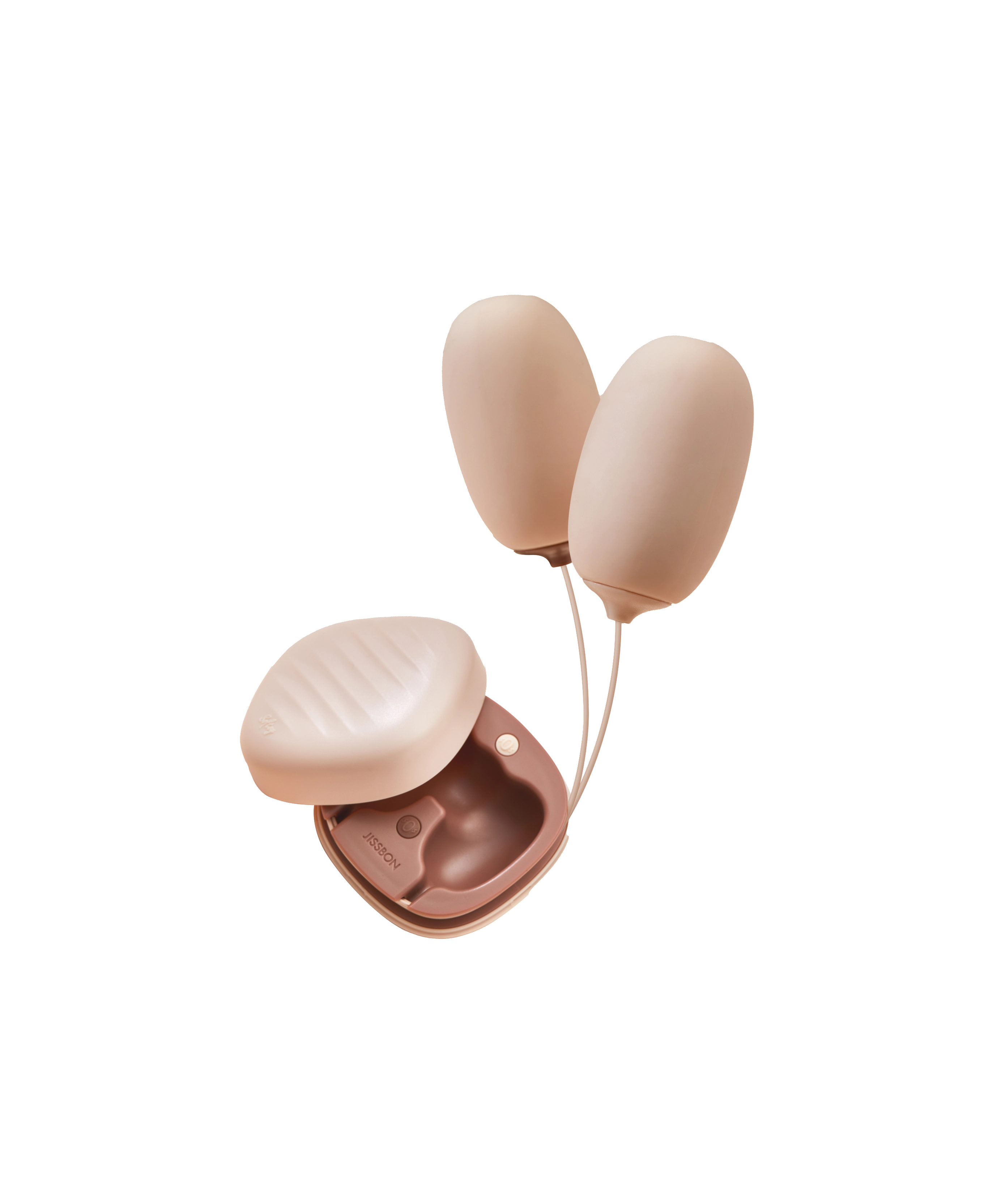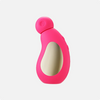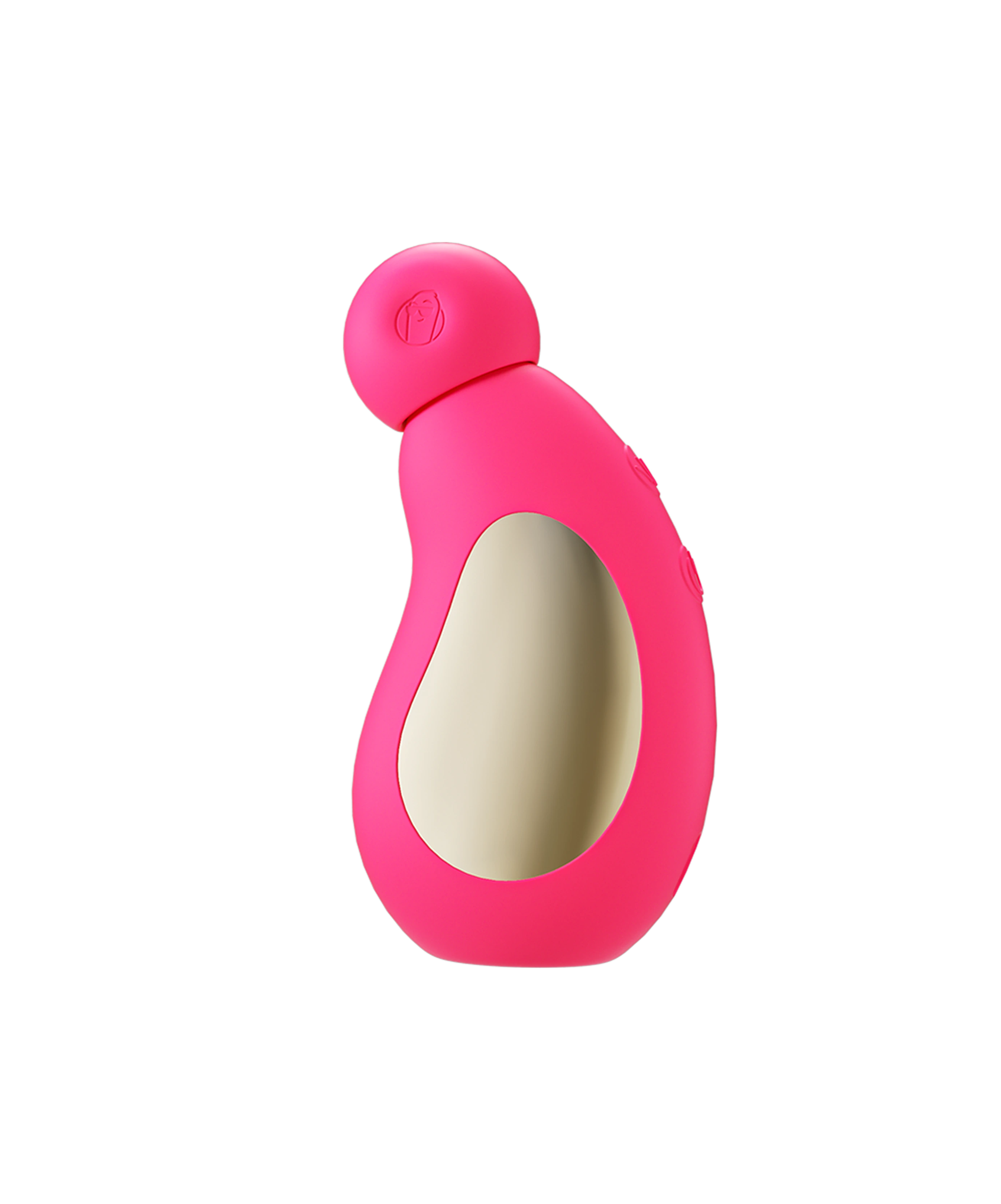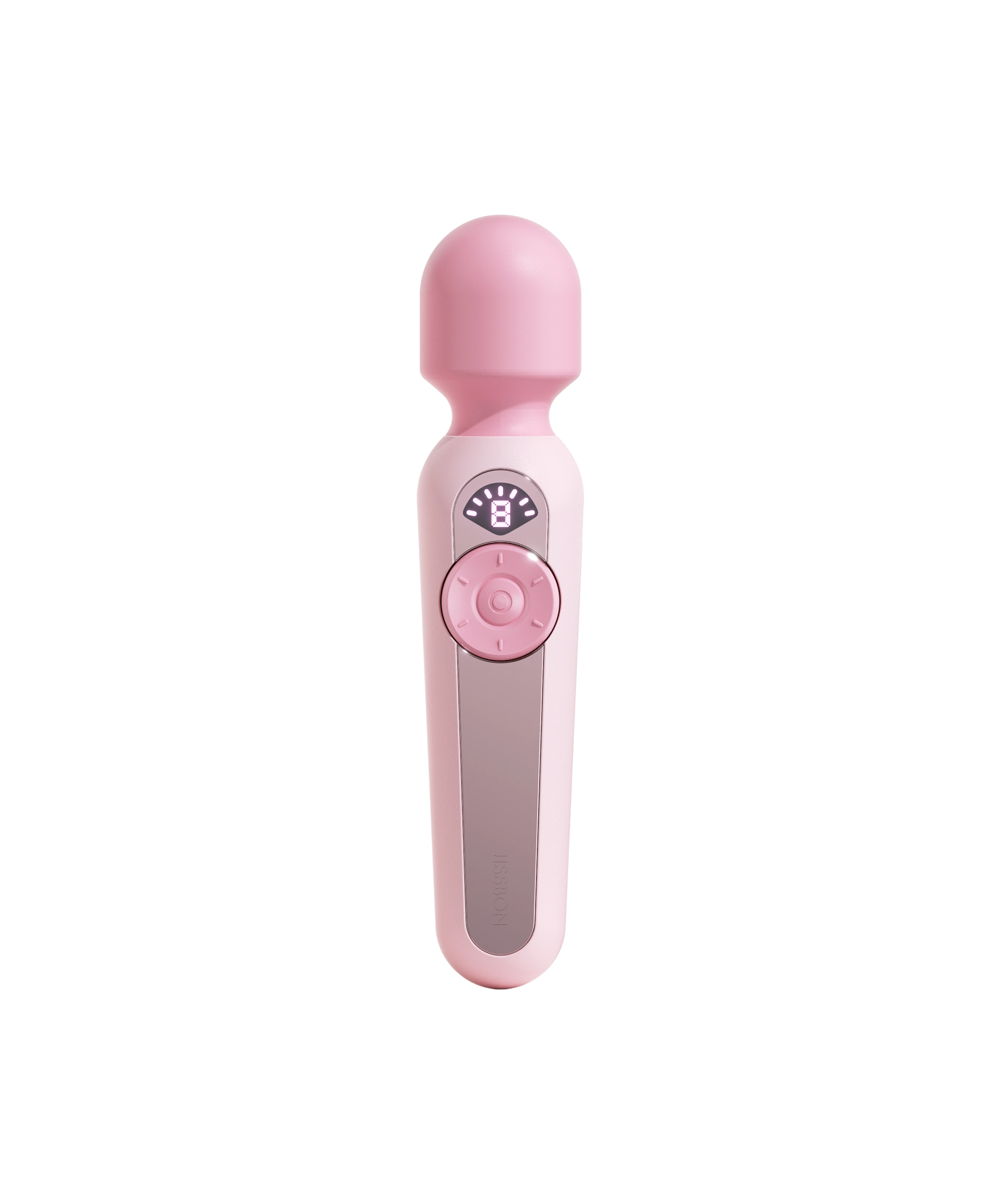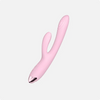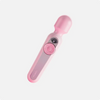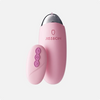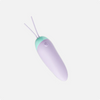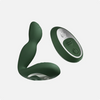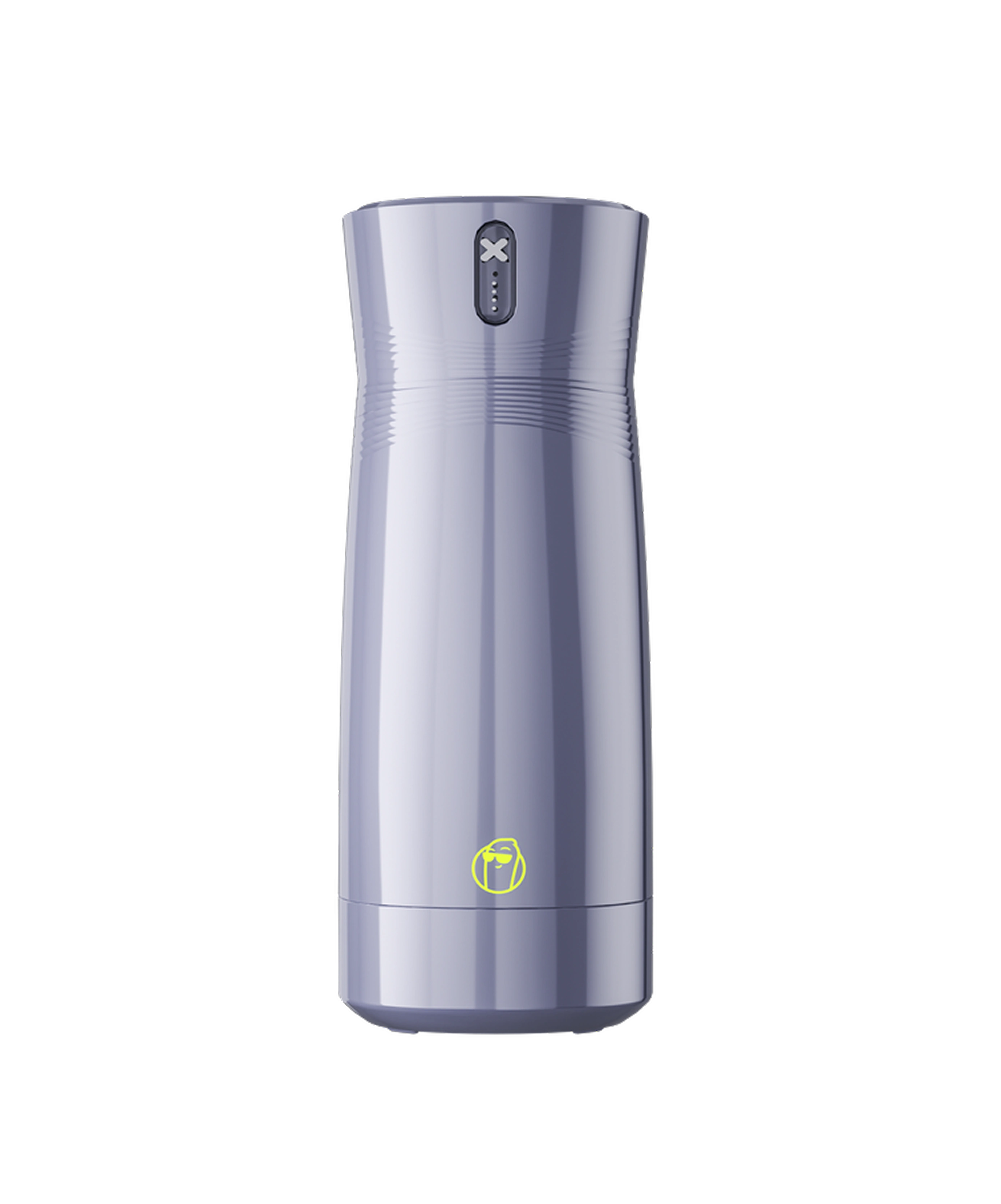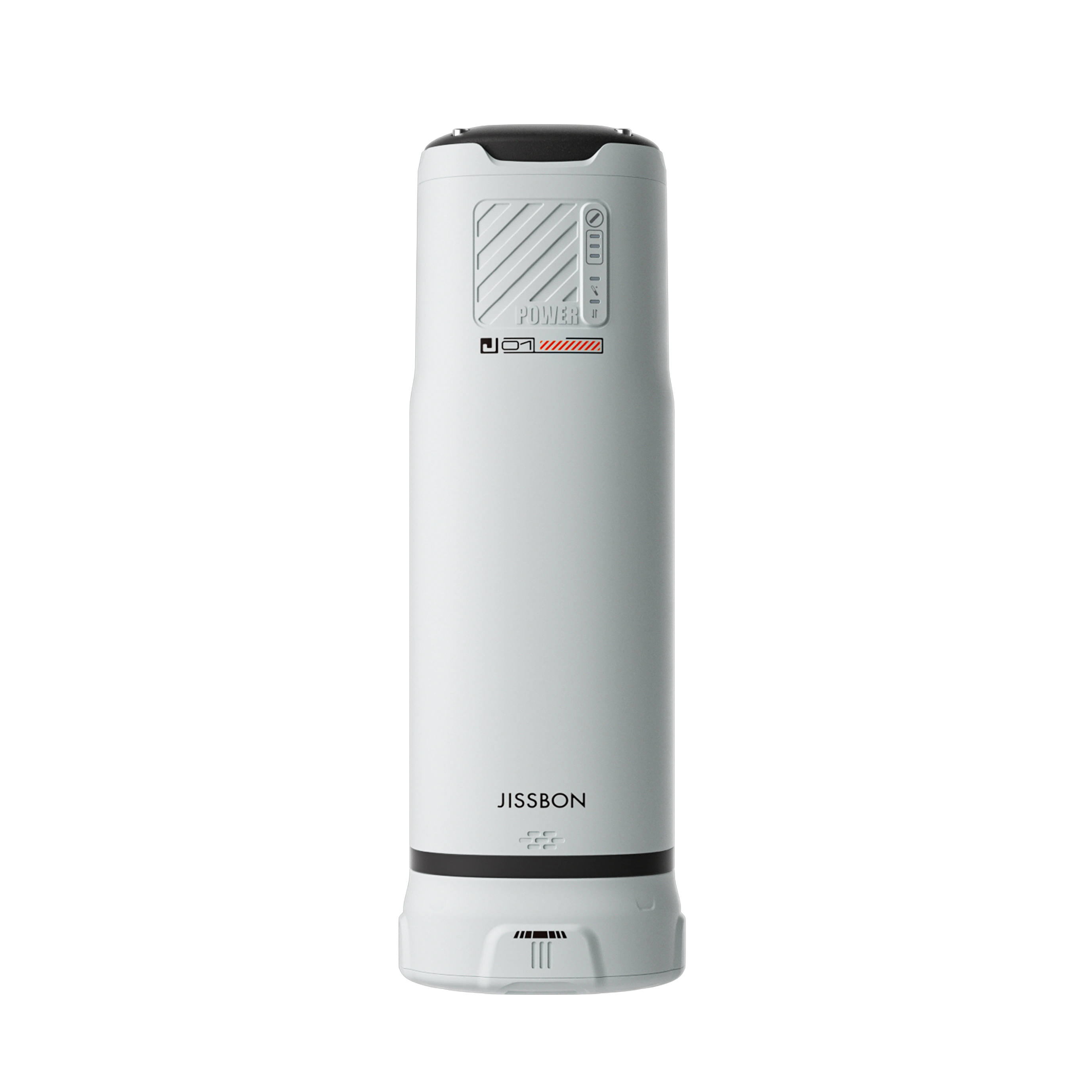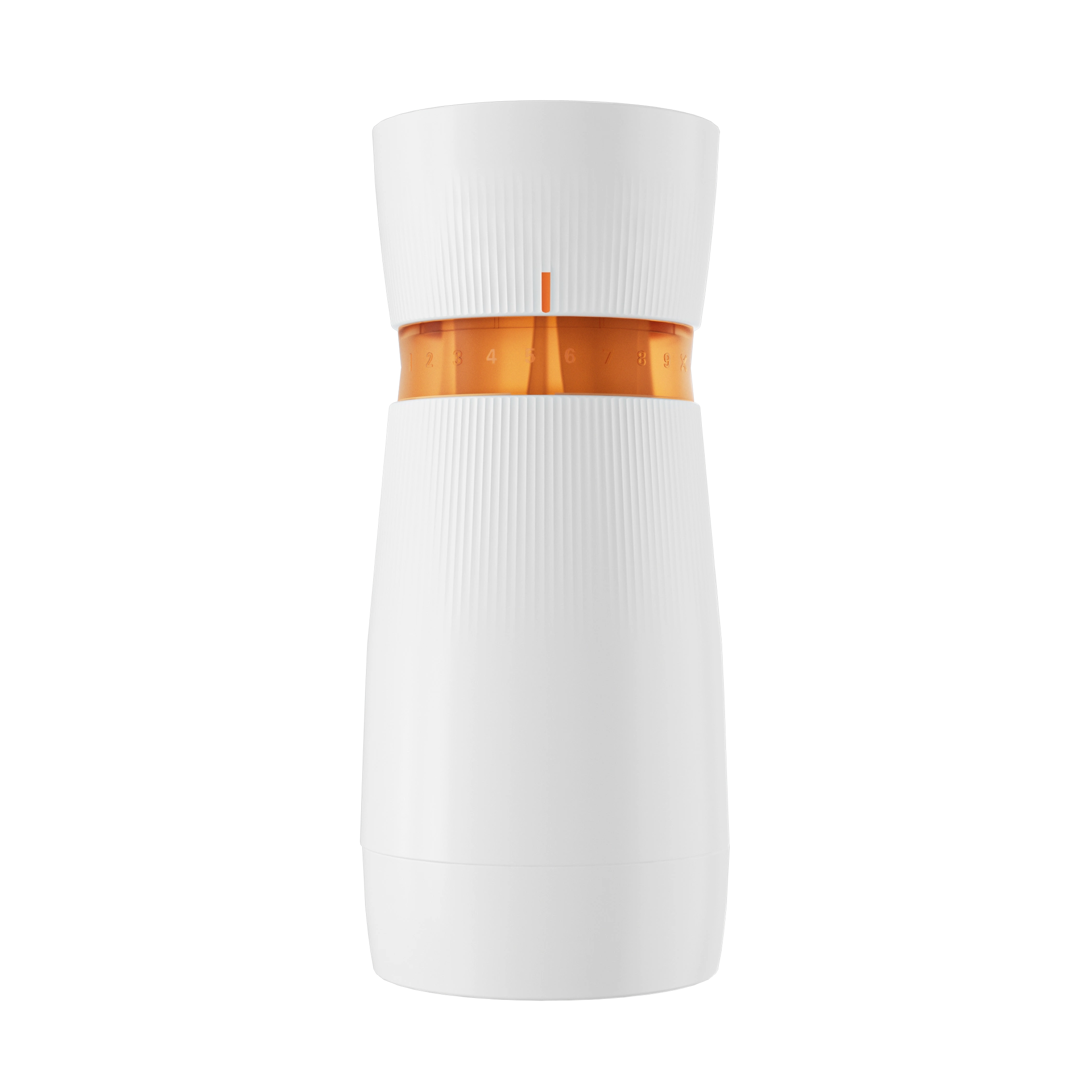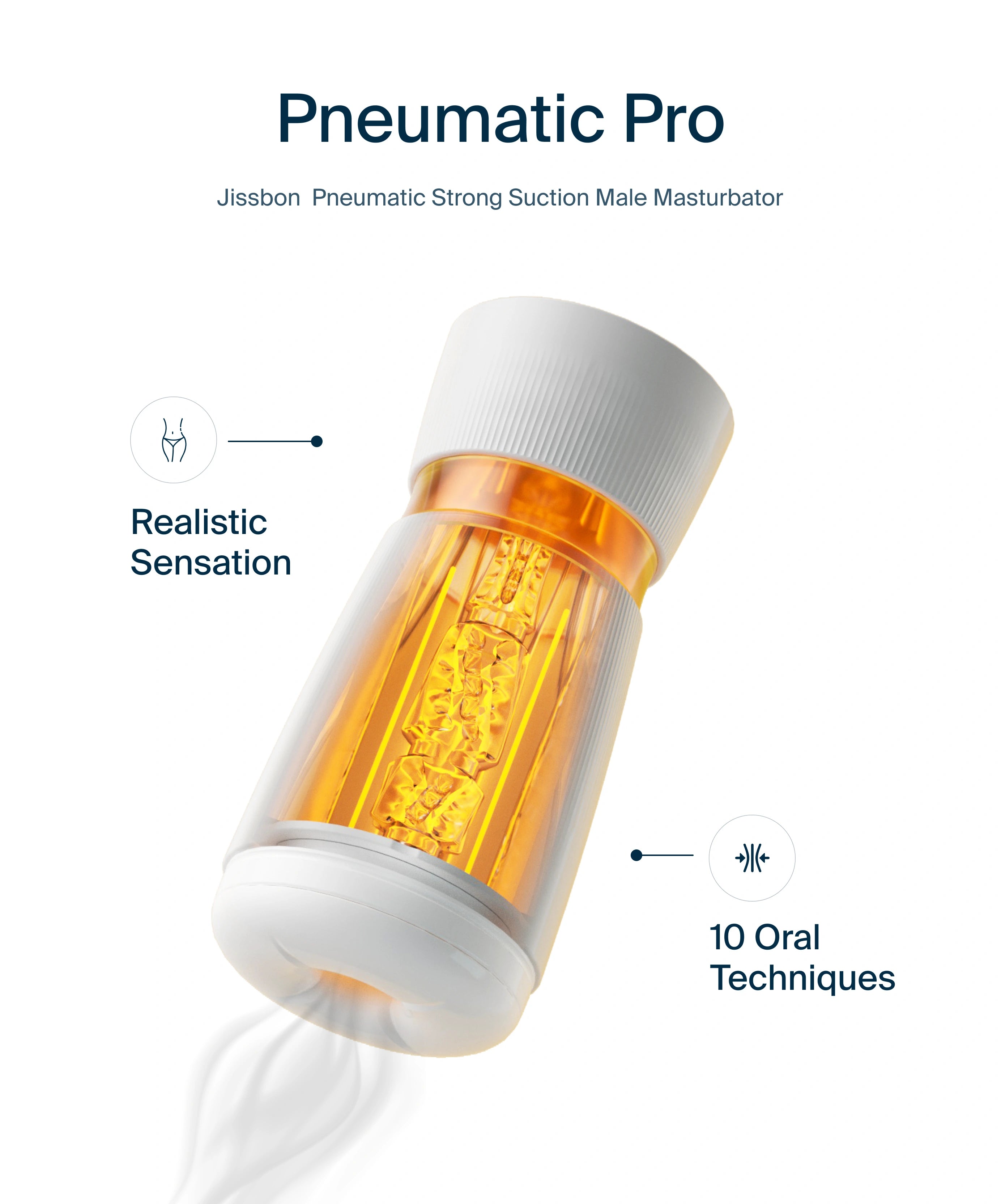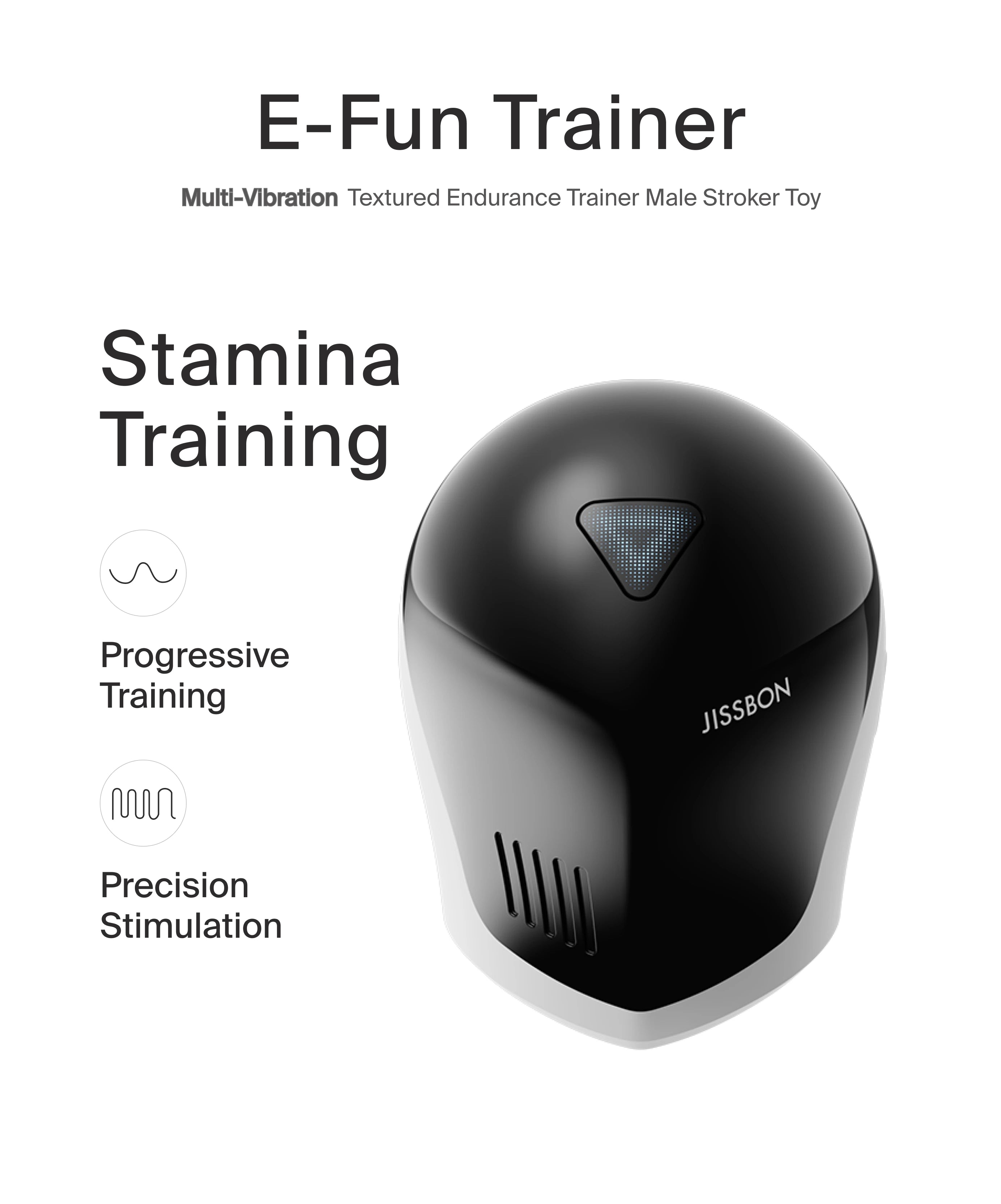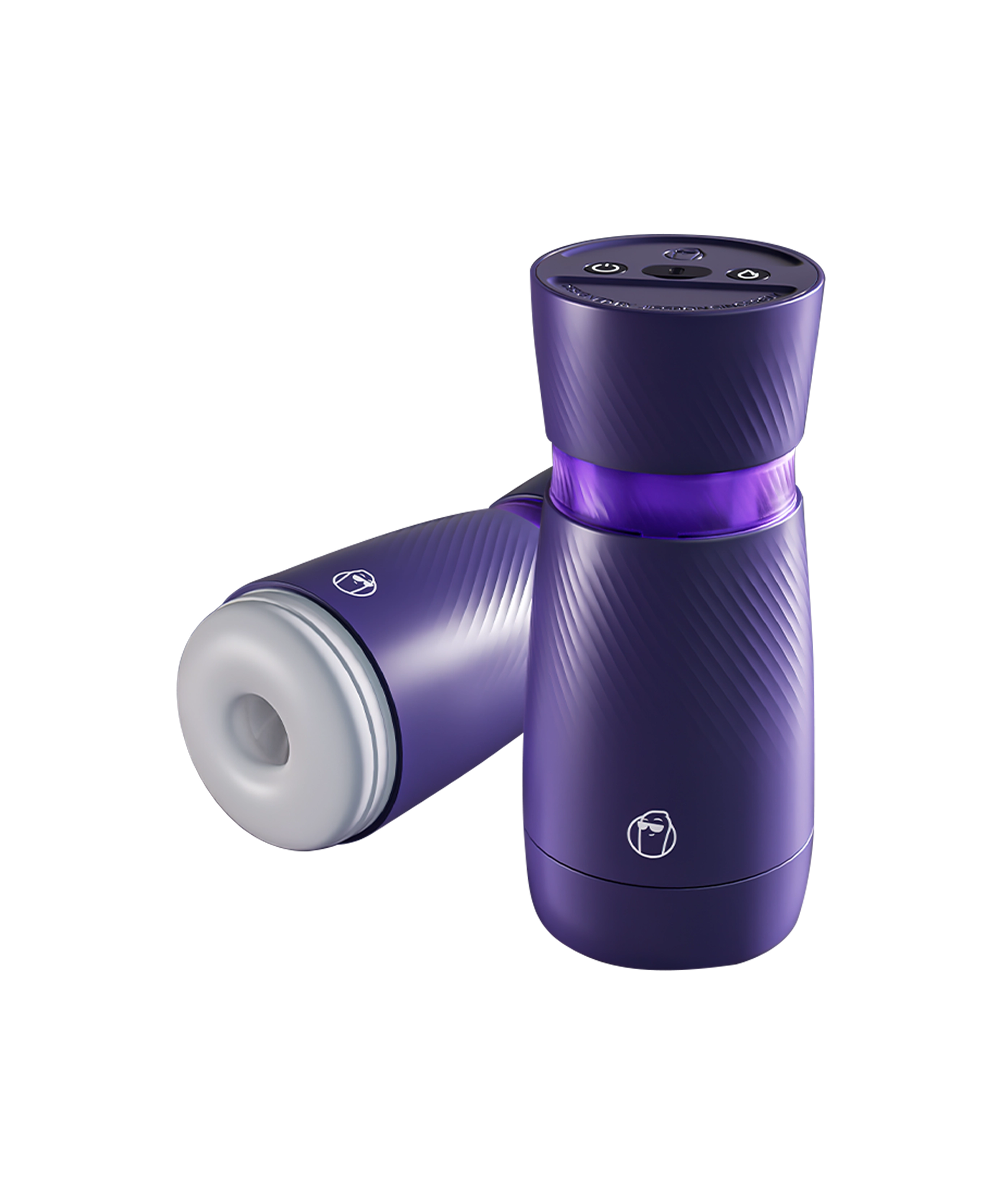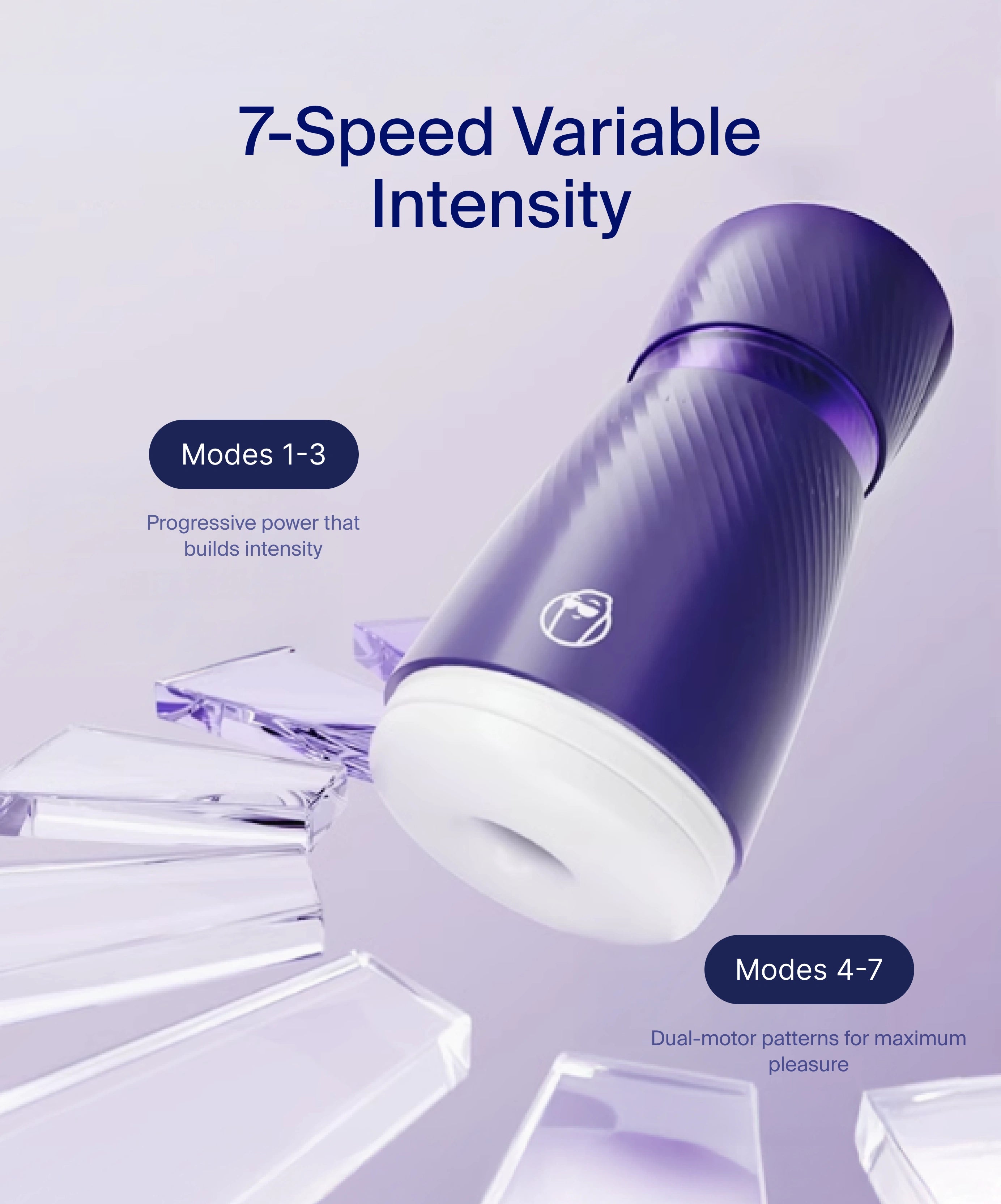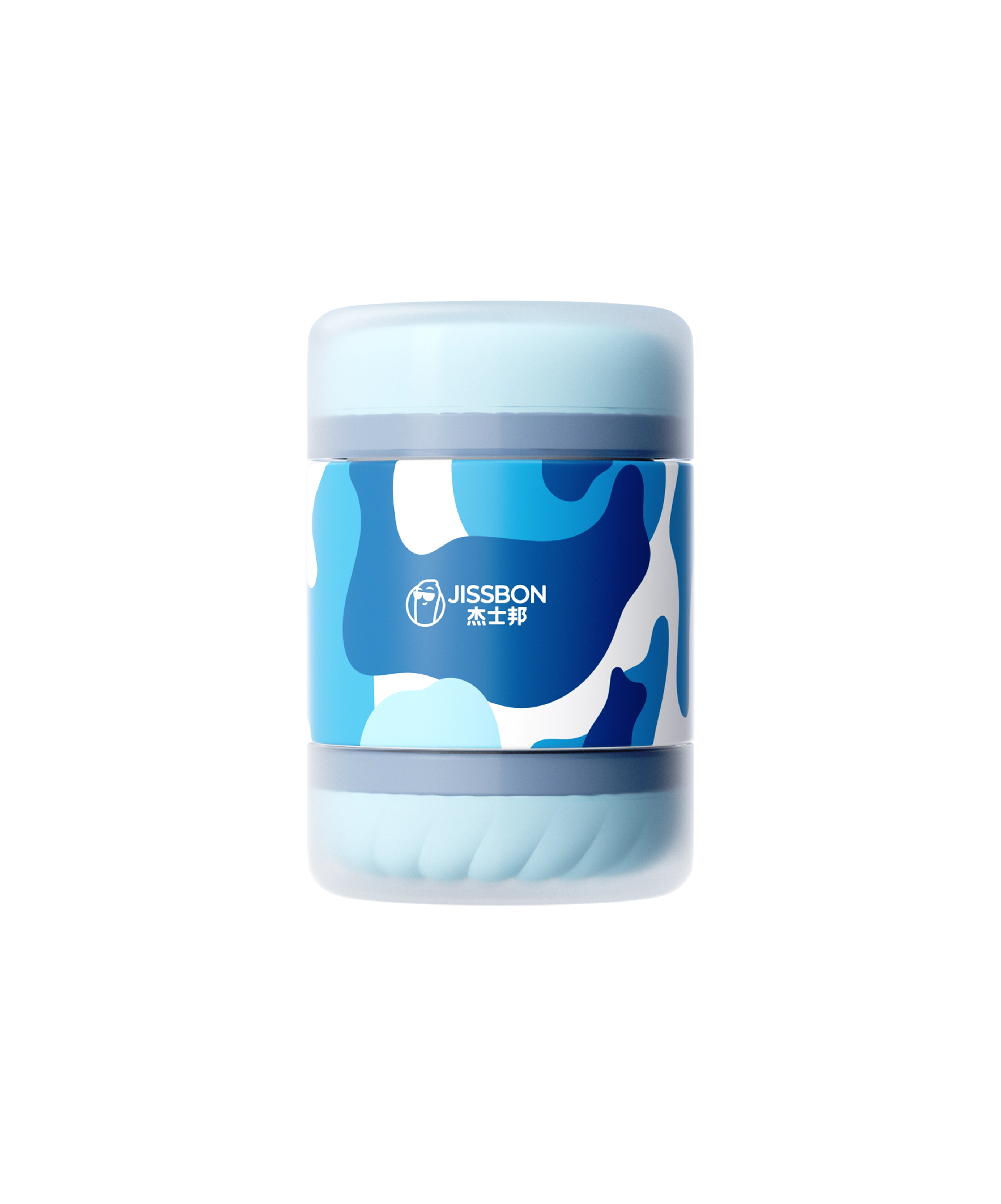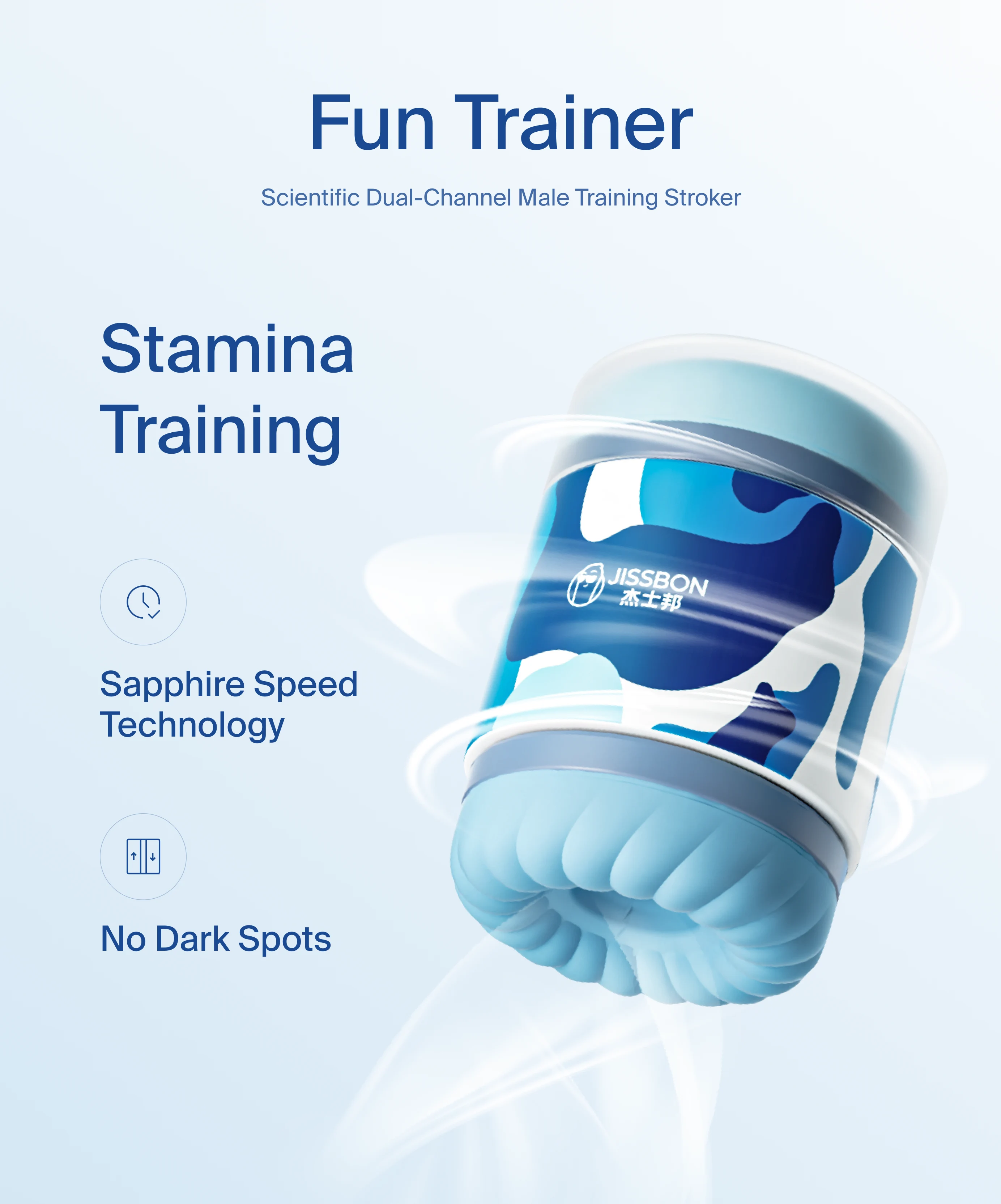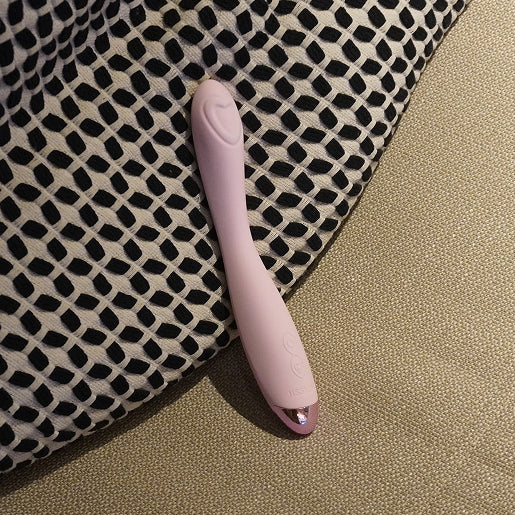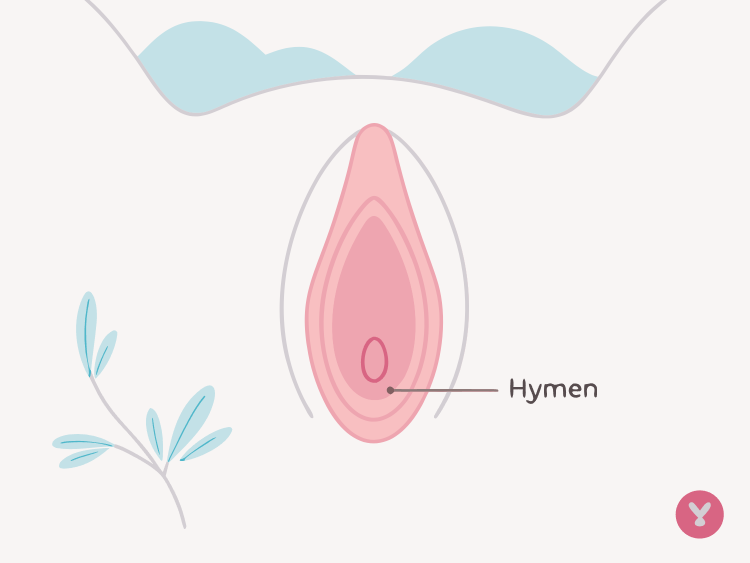You've probably heard whispers about "popping your cherry" or "breaking your hymen" when you have sex for the first time. But most of what people believe about the hymen is actually myth, not fact. This small piece of tissue has been surrounded by misunderstanding and harmful cultural ideas for way too long.
This guide explains exactly what a hymen is, where it's located, why it exists, and most importantly - why it has nothing to do with proving virginity.
The Simple Truth About Hymens
What Is a Hymen?
Easy explanation:
The hymen is a thin piece of stretchy tissue at the opening of your vagina. It's shaped like a ring or donut with a hole in the middle.
Key facts:
- It does NOT completely seal your vagina (usually)
- It's there from birth
- It can stretch or tear at any age
- Having an intact hymen does NOT mean you're a virgin
- A torn hymen does NOT mean you've had sex
Learn about female reproductive anatomy basics.
Where Is It?
Location:
The hymen sits at the opening where your vagina begins, just inside your vulva (the outer parts you can see).
Why you might not see it:
- It's very thin
- Usually has a hole in it already
- Sits inside the vaginal opening
- Can look different for everyone
Understanding vaginal anatomy helps you know your body better.
Big Myth: "Popping Your Cherry"

The Truth About "Breaking"
What people think: Your hymen is like a seal that "breaks" or "pops" the first time you have sex, causing pain and bleeding.
The reality: Your hymen is more like a scrunchie - it stretches. It doesn't "pop" like a balloon.
What actually happens:
|
Myth |
Reality |
|
Covers vagina completely |
Has a hole from birth (usually) |
|
Breaks during first sex |
Can stretch at any age from many activities |
|
Always hurts and bleeds |
Many people feel nothing at all |
|
Proves virginity |
Has nothing to do with virginity |
Many Things Can Stretch Your Hymen
Activities that might stretch it:
Sports and exercise:
- Bike riding
- Horseback riding
- Swimming
- Gymnastics
- Dancing
- Running
Normal activities:
- Using tampons
- Using menstrual cups
- Inserting fingers
- Medical exams
- Using toys for exploration
During sex:
- First time penetration
- But not always!
Important: All of these are completely normal and healthy. None of them have anything to do with virginity.
Different Types of Hymens
It's Different for Everyone
Just like every person's body is unique, hymens come in different shapes.
Common types:
1. Annular (Ring-shaped) - Most common
Looks like: A ring or donut around the opening
What it means: Completely normal, has an opening in the middle
2. Crescent-shaped
Looks like: A half-moon shape on one side
What it means: Also very common and normal
3. Septate
Looks like: Has an extra piece of tissue in the middle, creating two openings instead of one
What it means: Usually fine, but might make tampons tricky
4. Microperforate
Looks like: Covers most of the opening with just a tiny hole
What it means: Might make periods longer or tampons difficult
5. Imperforate (Very rare)
Looks like: Covers the whole opening with no hole
What it means: Needs medical attention - period blood can't get out
6. Cribriform (Rare)
Looks like: Has many small holes instead of one opening
What it means: Might affect tampon use and period flow
When You Might Need Medical Help
See a doctor if:
- You can't insert a tampon at all
- Your periods are very painful
- You see blood but it's not coming out
- You have pain in your belly during period
- You're 16+ and haven't started your period
What doctors can do:
For imperforate or microperforate hymens, a simple surgery called hymenectomy can help. This just means making the opening bigger so period blood can flow out and you can use tampons comfortably.
Learn about adolescent gynecology from medical experts.
How Your Hymen Changes

From Birth to Adulthood
When you're born:
Your hymen is usually thicker and less stretchy. Doctors check to make sure there's an opening.
During childhood:
It stays pretty much the same. Most kids never even know it's there.
During puberty:
When your body starts making estrogen (a hormone), your hymen becomes:
- More stretchy
- Thinner
- More elastic
After you start having sex:
- Might stretch more
- Might tear a little
- Or might not change at all
During pregnancy:
- Becomes even more stretchy
- Prepares for childbirth
After giving birth:
- Stretches and tears as baby comes out
- Tears don't heal back together
- Still there, just changed shape
Does It Hurt When It Stretches?
What to Expect
The truth:
- Some people feel nothing
- Some feel slight discomfort
- Some notice light bleeding
- Many don't even realize it happened
If using tampons for the first time:
- Use the smallest size
- Relax your muscles
- Use a little lube if needed
- Go slowly
- If it hurts, stop and try again later
If having penetrative sex for the first time:
- Make sure you're really aroused first
- Use lots of lubricant
- Go very slowly
- Tell partner if anything hurts
- It's okay to stop anytime
Remember: If it really hurts, something's wrong. Sex shouldn't be painful. Talk to a doctor if you have pain.
Understanding pain-free intimacy is important for wellness.
The Virginity Lie
Why Hymens Don't Prove Virginity
The harmful myth:
For hundreds of years, some cultures believed that an "intact" (not stretched) hymen meant a woman was a virgin. This is completely false and has caused terrible harm.
Why it's wrong:
Medically impossible:
- Hymens stretch from many non-sexual activities
- Some people are born with barely any hymen
- Can't tell by looking if someone had sex
- Doctors say it's impossible to prove virginity
Morally wrong:
- Virginity means different things to different people
- It's about personal choice, not tissue
- A body part doesn't define your worth
- Having sex doesn't change who you are
Virginity Testing Is Abuse
What it is:
"Virginity testing" is when someone examines a vagina trying to see if the hymen is "intact." This is supposed to "prove" if someone had sex.
Why it's harmful:
- Medically meaningless (can't actually tell anything)
- Violation of human rights
- Psychologically traumatic
- Used to control women and girls
- Sometimes forced by family or culture
Who opposes it:
- World Health Organization calls it "a violation of human rights"
- American College of Obstetricians and Gynecologists refuses to provide guidance because it's unscientific
- United Nations calls for it to be banned worldwide
- Medical organizations everywhere say it's harmful
If you're worried about this: Talk to a trusted adult, teacher, school counselor, or call:
- US: 1-800-799-SAFE (7233)
- UK: Karma Nirvana 0800 5999 247
What You Should Know
Hymen Facts Summary
Remember these important points:
About your body:
- Your hymen is just tissue - it doesn't define you
- It naturally has an opening (usually)
- It stretches over time from normal activities
- Every hymen looks different
- Having or not having one means nothing about your sexual history
About virginity:
- Virginity is a personal concept, not a medical one
- You get to decide what virginity means to you
- It's about your choices, not your body parts
- No one can "tell" if you're a virgin by looking
- Your worth has nothing to do with sexual history
About your health:
- Most hymens need no medical care
- See a doctor if you have pain or period problems
- First-time sex doesn't have to hurt
- Always use lube for comfort
- You're in charge of your own body
Exploring Your Body Safely
Learning About Yourself
Why body knowledge matters:
Understanding your anatomy helps you:
- Know what's normal for you
- Recognize if something's wrong
- Communicate with partners
- Feel confident in your body
- Make informed health choices
Safe exploration:
If you're curious about your body and want to explore:
- Privacy is important - Lock the door, take your time
- Wash hands first - Keep everything clean
- Go slowly - Your body needs time
- Use a mirror - Helps you see what's what
- Stop if uncomfortable - There's no rush
For those exploring pleasure safely, understanding body-safe materials and proper care helps ensure comfortable, healthy experiences.
Talking to Partners
Communication Matters
If you're worried about your hymen:
Some people worry their partner will judge them based on their hymen. Here's what you need to know:
Good partner behavior:
- Understands hymens don't prove virginity
- Never pressures you
- Respects your pace
- Listens when you say stop
- Doesn't make you feel bad
Red flag behavior:
- Obsesses over your hymen
- Wants to "check" your virginity
- Makes you feel ashamed
- Pressures you to have sex
- Uses virginity to control you
What to say:
"The hymen is just tissue. It doesn't prove anything about sexual history. If that's important to you, you need to do some research."
Frequently Asked Questions
Can you see your own hymen?
You can try, but it's not always easy. It's thin tissue just inside your vaginal opening. If you want to look, use a mirror in good lighting while sitting comfortably. But don't worry if you can't see it - that's normal too.
Can tampons break your hymen?
Tampons can stretch your hymen slightly, but "break" isn't the right word. The hymen stretches and adjusts. Using tampons is completely safe and normal, and it doesn't affect virginity in any way.
Will my first time having sex hurt because of my hymen?
First-time sex might cause some discomfort as your body adjusts, but it shouldn't really hurt. If you're aroused, use plenty of lube, and go slowly, most people find it comfortable. Pain usually means you're not ready yet or need more lubrication - not a hymen problem.
Can your hymen grow back?
No. Once the hymen stretches or tears, it doesn't grow back together. It might heal a little at the edges, but the stretching is permanent. This is completely normal and healthy.
Does everyone bleed the first time they have sex?
No. Many people don't bleed at all. Some have a little spotting. Bleeding isn't guaranteed and doesn't mean anything about whether it's actually your first time.
Can doctors tell if I'm a virgin?
No. No doctor can tell if you've had sex by looking at your hymen or doing an exam. Medical organizations worldwide confirm this. Anyone who says they can is either mistaken or lying.
Conclusion
Your hymen is simply a thin piece of tissue at your vaginal opening - nothing more, nothing less. It doesn't seal your vagina, it doesn't "pop," and it definitely doesn't prove virginity. What matters is understanding your body, respecting your choices, and recognizing that your worth has absolutely nothing to do with a tiny piece of tissue.
Ready to learn more about your body and wellness? Visit jissbon for educational resources about sexual health, body-safe products, and empowering information.
Read more

Think sex only happens in bed? Think again. That chair in your bedroom, living room, or office isn't just for sitting - it's a versatile tool for incredible intimacy. Chair sex positions offer new ...

Can you become a virgin again if you stop having sex? This question comes up a lot, and the answer has two parts: what happens physically in your body, and what you personally believe about virgini...

